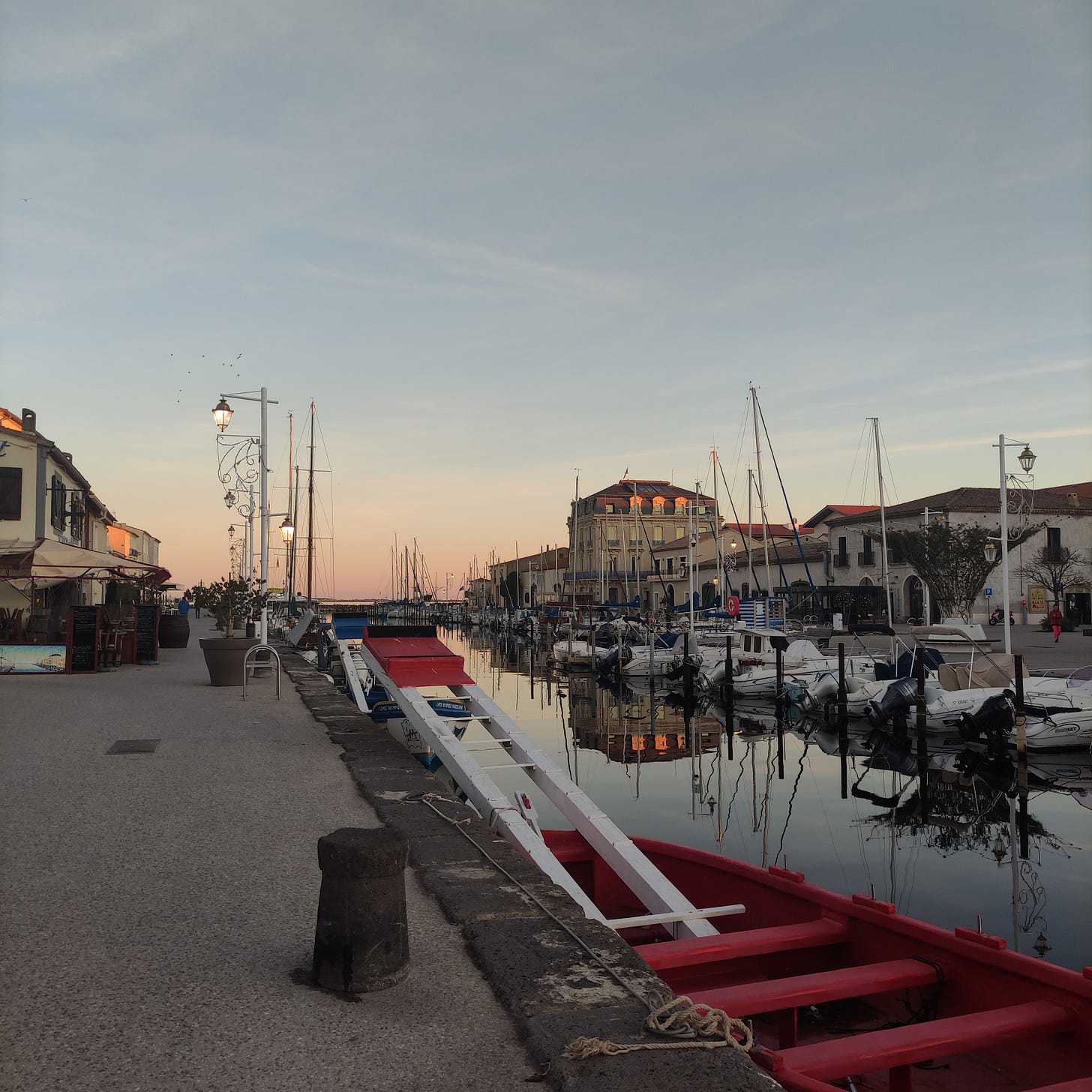Language lessons
This week, the challenge of learning French, a beautiful salad of persimmons, halloumi and walnuts, plus what to do with a tiny truffle.
When we moved here in September 2021, my greatest fear wasn’t wrestling this long-abandoned house back to life without racing through our cash reserves like a down-on-their luck chancer in Vegas, or getting used to village life after thirty years in London, or learning to c…
Keep reading with a 7-day free trial
Subscribe to Lickedspoon with Debora Robertson to keep reading this post and get 7 days of free access to the full post archives.


